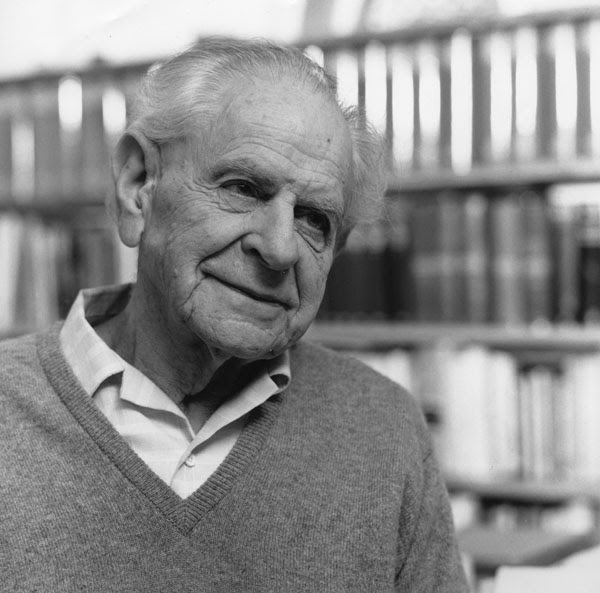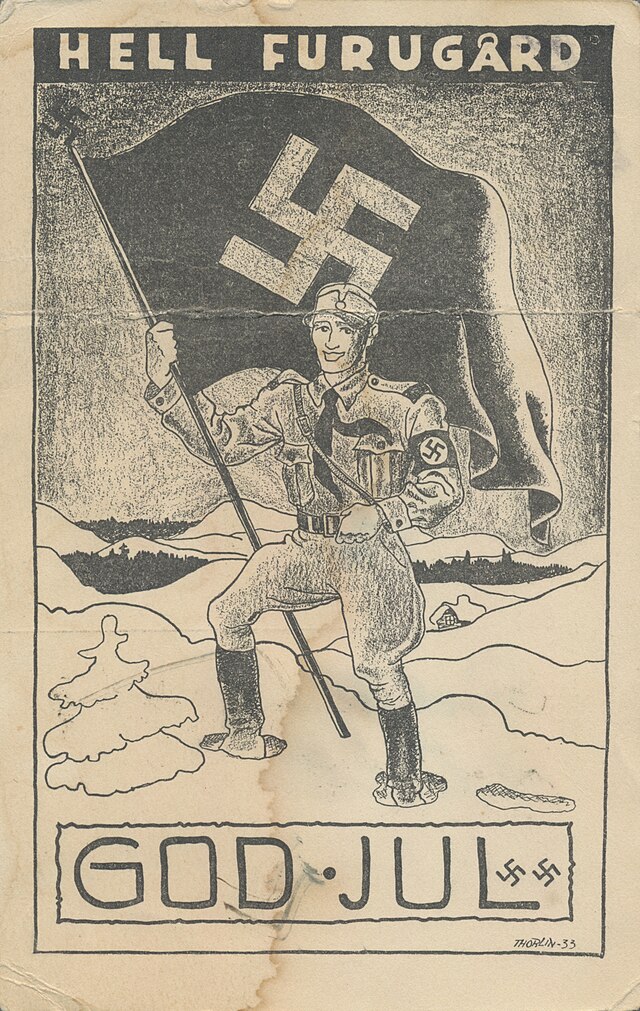November 7, 2025
Civics
A powerful guide for defending freedom, pluralism, and rational problem-solving

Karl Popper in 1990. His open society is one where progress is achieved through reason, debate, and peaceful, incremental change. Photo by Lucinda Douglas-Menzies
Karl Popper (1902–1994) was an Austrian-British philosopher whose insights are especially relevant today. Having fled Austria in 1937 as the Nazis rose to power, he became a sharp critic of the philosophical roots of totalitarianism.
In 1945, he published The Open Society and Its Enemies, a book that remains deeply relevant for modern readers and study groups. Written in response to the anti-democratic dangers of his time, it explains why and how societies must defend liberty, pluralism, and progress against the lure of authoritarianism.
In this work, Popper introduced the "paradox of tolerance," observing that open societies must protect themselves from intolerant forces seeking to destroy freedom and democracy. If a society tolerates everything—including intolerance—it risks enabling the very forces that would abolish its openness.
The book stands as a lucid defense and definition of the open society. Popper champions individual liberty but insists that freedom carries responsibility: to defend it from intolerance, to nurture democracy’s essential rituals, and to keep dialogue alive so society can continue advancing—together.
Equally significant is his advocacy of incrementalism, or “piecemeal social engineering,” as the most effective path to progress. This approach favors steady, step-by-step reform over grand revolutions or utopian blueprints.
Cool idea: Invite some friends and neighbors to read and discuss the book together. Popper, who saw democracy as rooted not just in institutions but in everyday practices of civic engagement and shared learning, would surely approve.
“We must plan for freedom, and not only for security, if for no other reason than only freedom can make security more secure.”
“Democracy provides the institutional framework for the reform of political institutions (other than this framework). It makes possible the reform of institutions without using violence, and thereby the use of reason in the designing of new institutions and the adjusting of old ones.”
“By reluctance to criticize some of it, we may help to destroy it all.”
BOOK: The Open Society and Its Enemies




